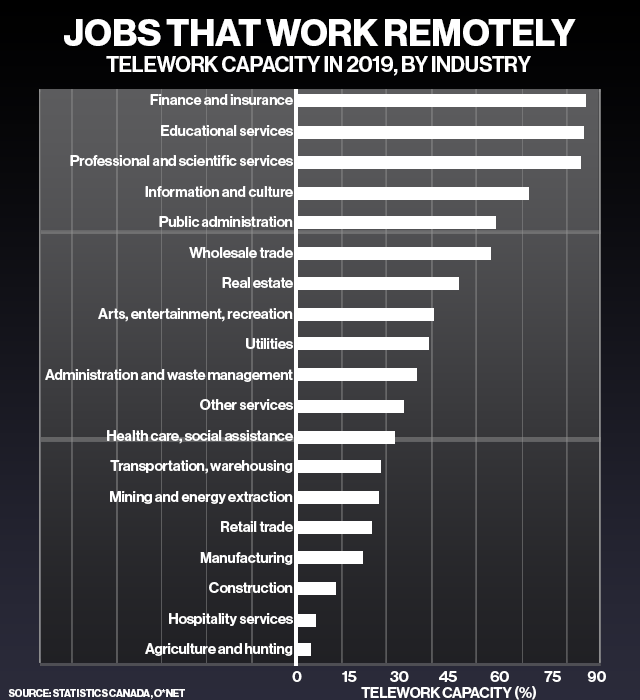That's a big change. At least in person you can feel like you're accomplishing something. Businesses will know you exist and see what you have to offer whether or not they buy. Emails have such a low response rate, can seem discouraging.
Can you ever see copier sales being mostly an email or phone call endeavor?
How has advertising changed due to the pandemic?


 Thanks:
Thanks:  Likes:
Likes:  Dislikes:
Dislikes: 



 Reply With Quote
Reply With Quote






Bookmarks